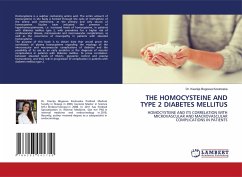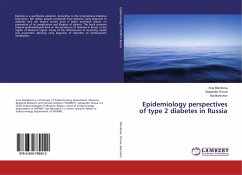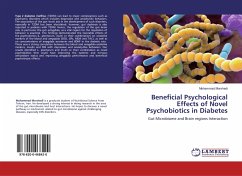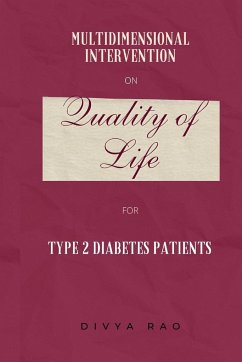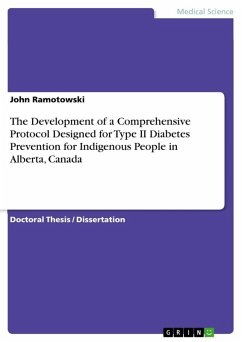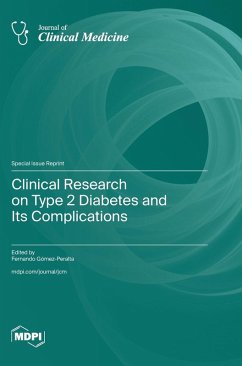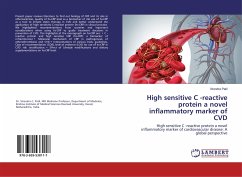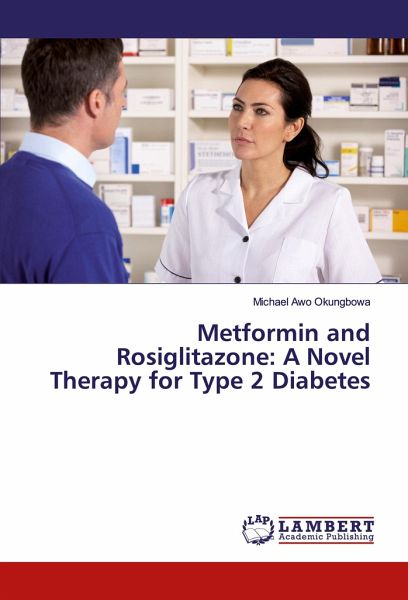
Metformin and Rosiglitazone: A Novel Therapy for Type 2 Diabetes
Versandkostenfrei!
Versandfertig in 1-2 Wochen
26,99 €
inkl. MwSt.

PAYBACK Punkte
13 °P sammeln!
Diabetes induced hyperglycemia contributes to coagulation activation and hypofibrinolysis, resulting in a procoagulant state that predisposes patients to thrombotic events. Long-term hyperglycemia activates thrombotic factors. This review aims at understanding the mechanisms by which diabetes affects the coagulation pathway. The effects of improved glycemic control on coagulation and fibrinolysis in type 2 diabetes has been demonstrated for different oral antidiabetic therapies, such as, metformin in combination with rosiglitazone. Understanding the mechanism by which diabetes influences the c...
Diabetes induced hyperglycemia contributes to coagulation activation and hypofibrinolysis, resulting in a procoagulant state that predisposes patients to thrombotic events. Long-term hyperglycemia activates thrombotic factors. This review aims at understanding the mechanisms by which diabetes affects the coagulation pathway. The effects of improved glycemic control on coagulation and fibrinolysis in type 2 diabetes has been demonstrated for different oral antidiabetic therapies, such as, metformin in combination with rosiglitazone. Understanding the mechanism by which diabetes influences the coagulation pathway will help to develop more treatment strategies to reduce thrombotic events. A must read by Physicians, Clinicians and Care Givers to diabetics.





